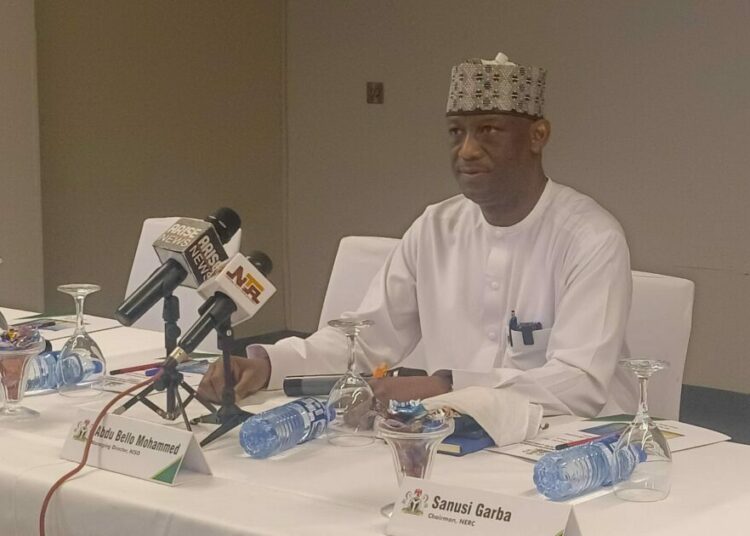The Managing Director/CEO of the Nigerian Independent System Operator (NISO), Engr. Abdu Bello Mohammed has highlighted the organisation’s renewed focus on operational realignment following the recent unbundling of the Transmission Company of Nigeria (TCN). Engr. Mohammed made these remarks during his official working visit to NISO’s Port Harcourt Regional Office as part of ongoing nationwide engagements with staff across all regional offices.
During the visit, the MD clarified that NISO no longer handles the physical management of transmission assets or field switching operations. Instead, the organisation’s role has shifted towards system coordination, operational planning, reliability oversight, and performance tracking under the new institutional framework that established NISO as a standalone entity.
Engr. Mohammed emphasised the importance of this operational shift, noting that it requires a collective commitment and a change in mindset among staff to meet emerging responsibilities. The visit aimed to strengthen operational alignment, clarify roles and responsibilities, and foster collaboration between management and field staff supporting NISO’s core functions.
Staff were briefed on updated Standard Operating Procedures (SOPs) that clearly delineate roles across all operational levels, including the National Control Centre (NCC), Regional Control Centres (RCCs), Area Control Centres (ACCs), and substations. The MD also stressed the enforcement of Service Level Agreements (SLAs), making accountability, recordkeeping, and performance tracking key priorities for all operators.
Engr. Mohammed reaffirmed the importance of engaging field staff through Regional Operations Managers (ROMs) to ensure corporate strategies are effectively executed at the regional level. He called on all staff to embrace the values of transparency, professionalism, accountability, and excellence as vital to realising NISO’s vision.
The Port Harcourt visit marks a continuation of Management’s efforts to build a unified organisational culture aligned with the realities of the post-TCN operational landscape. It provided an opportunity for staff feedback, operational clarifications, and realignment with NISO’s strategic direction, as the company strives to become a world-class system operator model across Africa.











